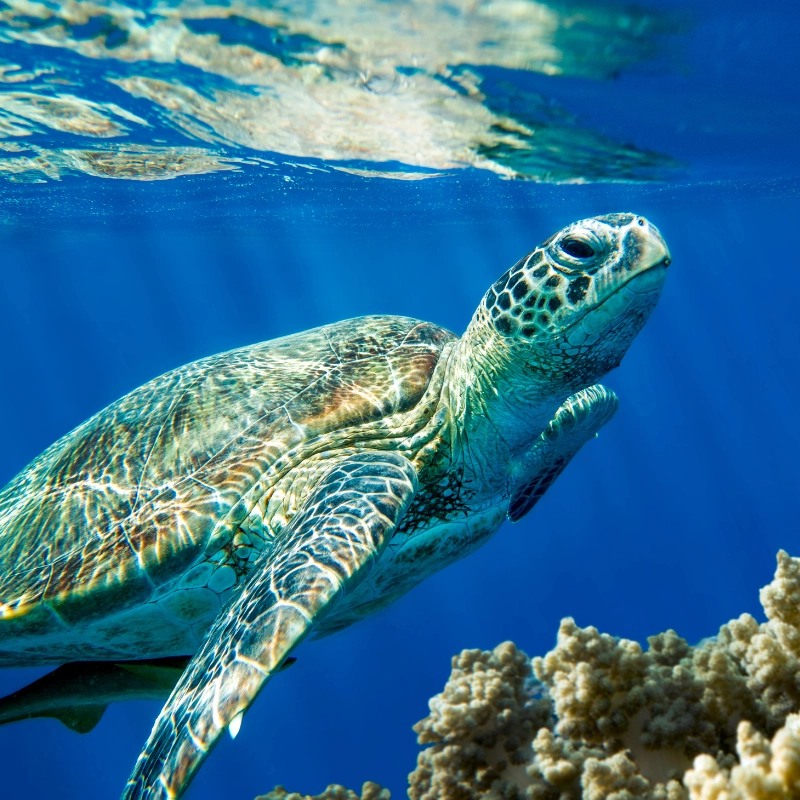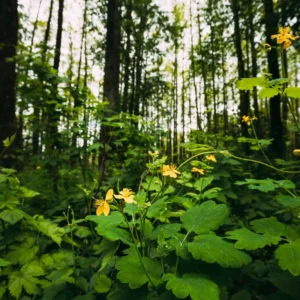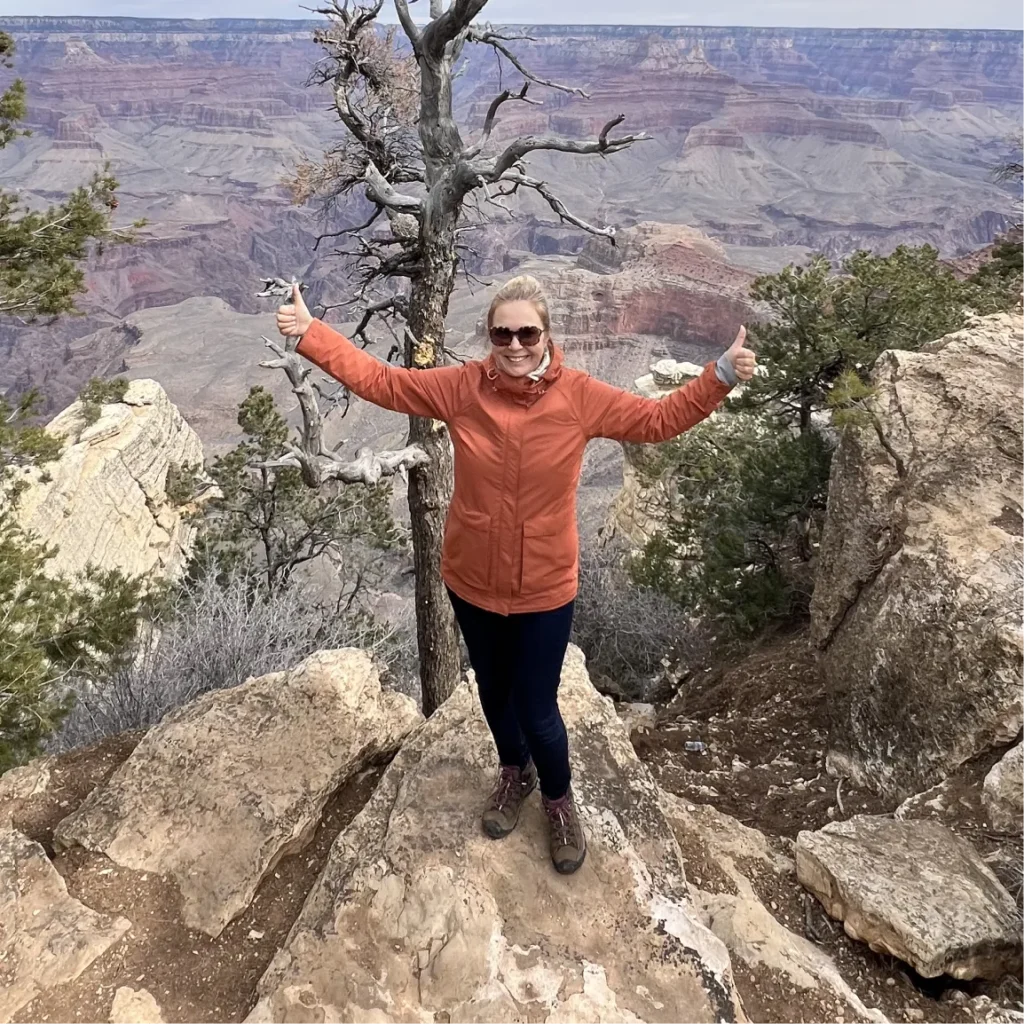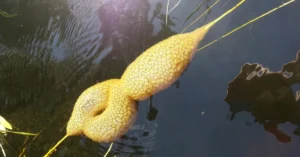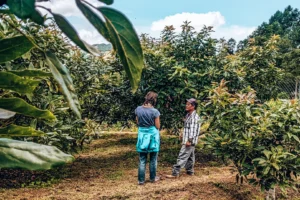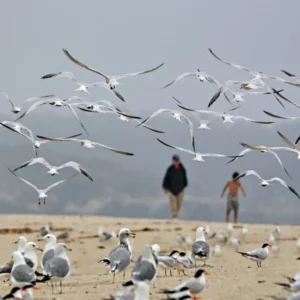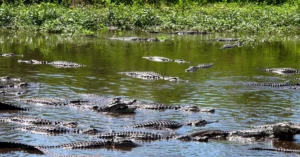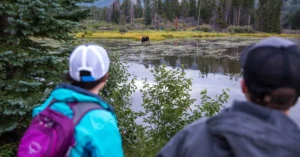A significant conservation effort is underway as a juvenile Kemp’s ridley sea turtle, Boeier, prepares to return to her native Gulf of Mexico waters. The Transatlantic Rescue Mission is a daring operation aimed at saving lives across the Atlantic, showcasing bravery and international cooperation.
This mission, which began with Boeier’s stranding in the Netherlands, highlights the importance of international collaboration in protecting endangered species.
Rescue, Rehabilitation, And Global Collaboration For Boeier’s Return
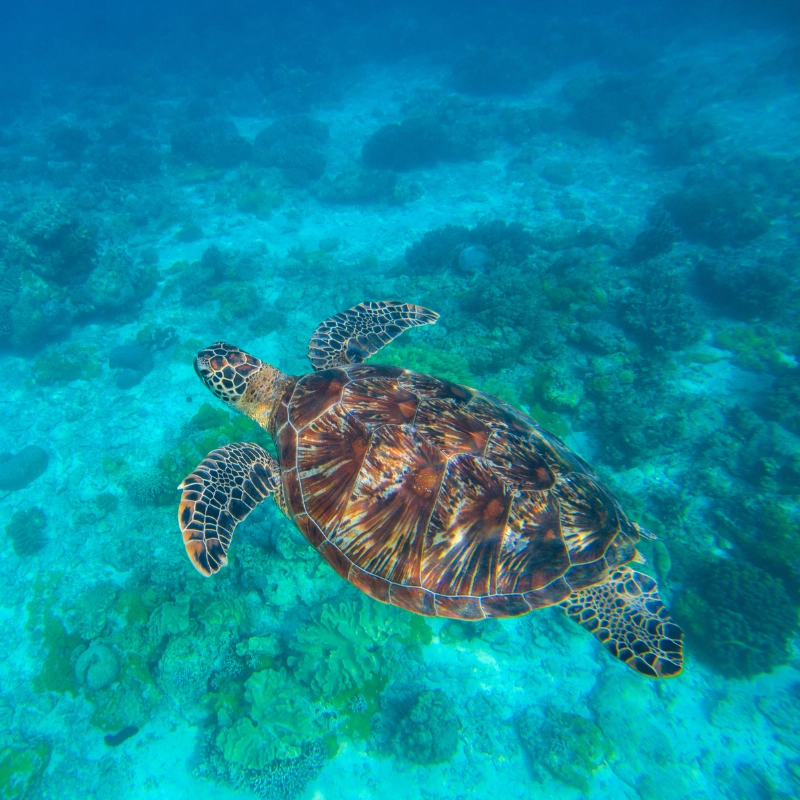
In October 2023, Boeier was discovered by commercial fishermen off the coast of the Netherlands. Her condition was critical, requiring immediate rescue and care.
The Rotterdam Zoo, alongside other organizations, played a crucial role in her rehabilitation.
They provided essential medical treatment and a supportive environment to ensure her recovery.
This effort underscores the importance of specialized wildlife care, a key aspect of sustainable travel guides and conservation initiatives.
The mission to return Boeier to her natural habitat was made possible through the collaboration of international partners, including the Rotterdam Zoo and Texas A&M University at Galveston’s Gulf Center for Sea Turtle Research.
These partnerships demonstrate the effectiveness of global cooperation in addressing wildlife conservation challenges.
Furthermore, tracking technology will enable researchers to monitor Boeier’s movements, providing valuable insights into the migratory patterns of Kemp’s ridley sea turtles.
This technology integration is essential for understanding and protecting marine life, aligning with the goals of EcoTourism USA and wildlife-watching tours.
Kemp’s Ridley Sea Turtles: A Species In Peril
Kemp’s ridley sea turtles are the smallest and one of the most endangered sea turtle species.
They are primarily found in the Gulf of Mexico and the Atlantic coastal waters of North America. Climate change and shifting ocean currents have increased strandings, as evidenced by Boeier and other turtles found in Europe.
Understanding these patterns is crucial for developing effective conservation strategies.
This knowledge is vital for those interested in outdoor adventure activities and sustainable travel, as it informs the preservation of natural habitats and ecosystems.
Broader Implications And Future Directions
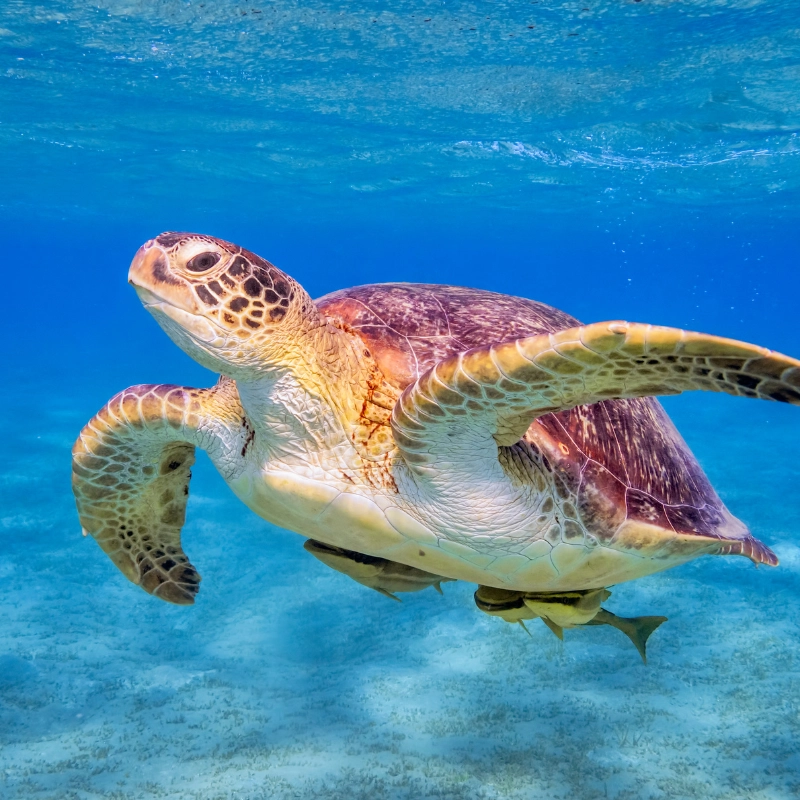
Boeier’s journey provides valuable lessons for future conservation efforts. It illustrates the potential for successful rescue and release missions and emphasizes the importance of public engagement in conservation.
By raising awareness and promoting eco-tourism, the public can support these efforts and help ensure the survival of endangered species like the Kemp’s ridley sea turtle.
Simple actions like reporting wildlife sightings, supporting eco-friendly travel, and learning about conservation practices allow individuals to make a difference in protecting vulnerable species.
This engagement is particularly relevant for those exploring national parks travel and Florida recreation areas, where conservation and education are integral to the visitor experience.

